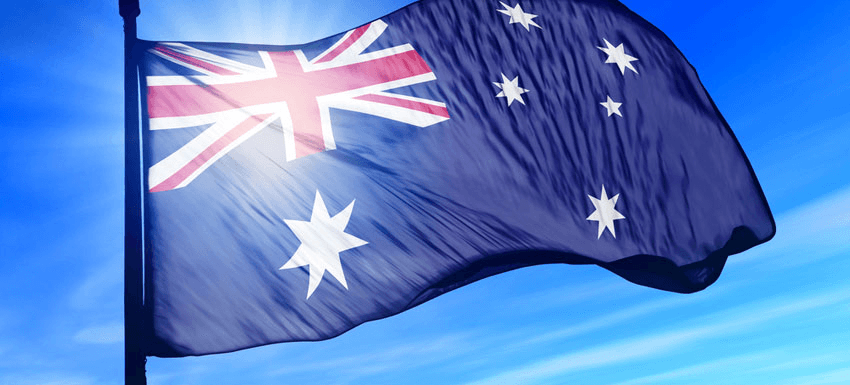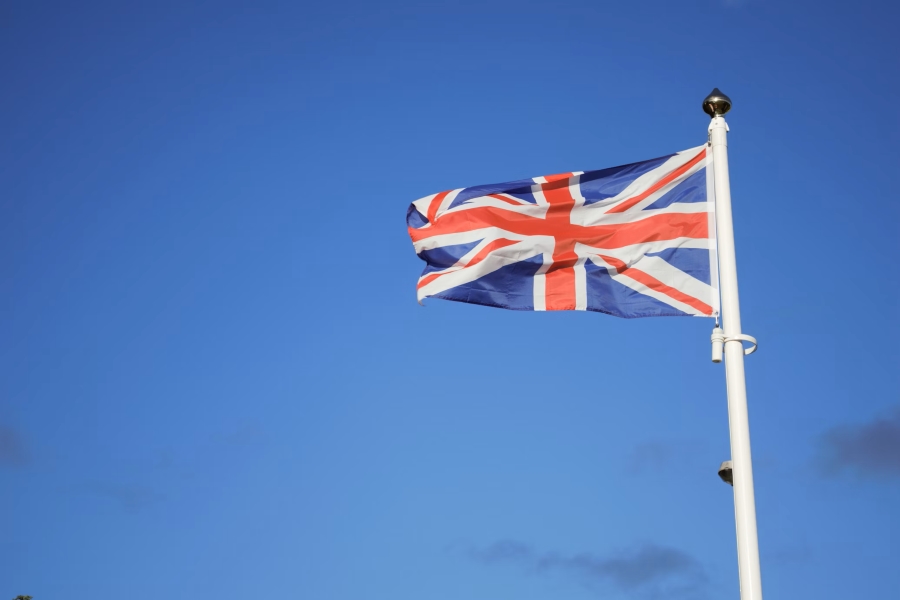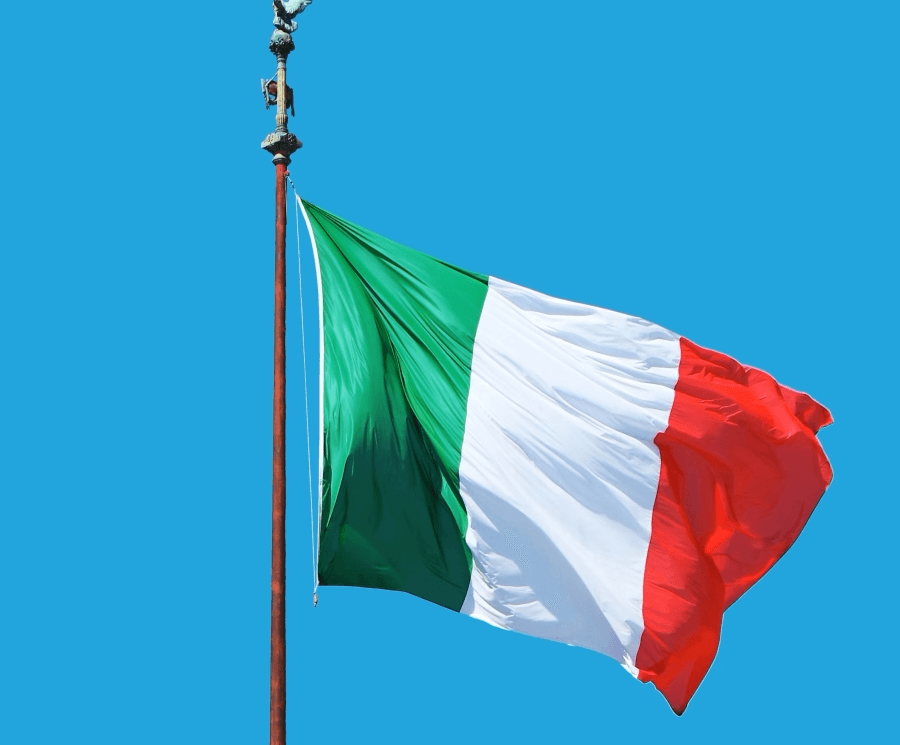
The Swedish Gambling Authority, Spelinspektionen, has conducted a major crackdown on influencers promoting illegal gambling operators.
According to the regulatory body, it initiated supervision against several influencers who were found to have marketed illegal gambling through their online channels, predominantly on the video-sharing platform Twitch.
The marketing of illegal gambling activities, if aimed at Swedish customers, is prohibited under the country’s Gambling Act.
Spelinspektionen explained in a statement that its operational plan for the year is to focus on “young people’s gambling and illegal gambling”.
“The Swedish Gambling Authority will continue to conduct supervision against influencers and other actors who conduct or promote illegal gambling under the Gambling Act,” the regulator added.
Following the supervision, Spelinspektionen confirmed that the influencers in question had stopped marketing illegal gambling.
Sweden’s focus on advertising standards follows a focus on influencer advertising that has been witnessed in many jurisdictions around the world.
Most recently, Kenya’s regulator, the Betting Control and Licensing Board (BCLC), published a strict set of rules on advertising, which include a ban on using influencers and content creators to promote gambling.
Meanwhile, the Brazilian market hit the headlines following testimony from the beauty and lifestyle influencer, Virginia Fonseca. When questioned by Senators, Fonseca appeared to demonstrate a lack of knowledge about the gaming products she was advertising, underpinning the need for clarity in the newly regulated markets’ advertising policy.
Alongside regulators, the streaming platforms that are at the heart of the advertising efforts have also undertaken policy changes to try and target the promotion of illegal gambling operators.
YouTube toughened its guidelines on content related to gambling, prohibiting the promotion of “unapproved” websites by creators.
In the case of gambling sites, this refers to those that don’t meet local requirements and haven’t been reviewed by YouTube or parent company Google.
Twitch updated its policy towards certain gambling-related content in 2022, announcing a ban on the streaming of gambling sites not licensed in the US or other jurisdictions that “provide sufficient consumer protection”.
However, such a policy does not stretch to creators promoting illegal gambling sites through advertisements.



 23Hours ago
23Hours ago














